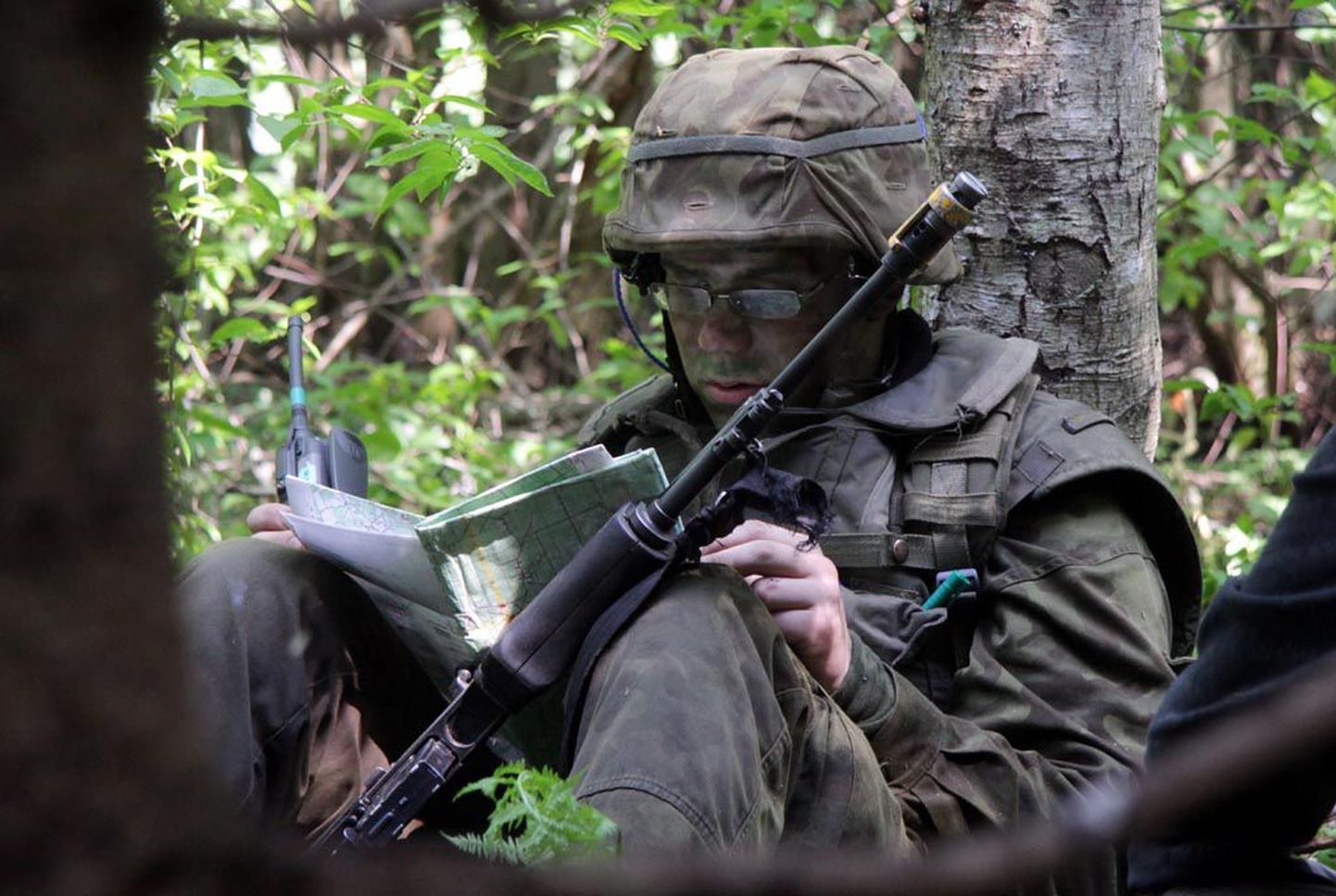The total amount is, indeed, optimistic – of NATO states’ GDP, defence spending amounts to 2.9 per cent. However, the figure is pulled upwards by USA, first and foremost, with its 4.1 per cent – far ahead of all other members.
Also exceeding the agreed 2 percent of GDP are Greece and the UK. Estonia’s defence spending is 2 percent flat; France, Poland and Turkey come a little lower than that.
Regrettably, Latvia and Lithuania, tied to us by a historic umbilical cord, spend the worryingly small amount of under 1 per cent for defence. Difficult to only protect, from aggression, those of us who spend according to agreement – collective defence works not selectively. Thus, from NATO headquarter windows, there are no three separately governed Baltics; there are the Baltics that do not keep their promise to alliance. True, Latvia has promised to raise their defence spending to two percent of GDP by 2020, but has taken not a step towards that. Lithuania isn’t even promising anything.
Sadly, our neighbours can justify their lack of will by example of numerous other NATO members – the two percent of GDP increasingly looks like a declarative, not an actual goal. Even so, the real threat to member states’ security greatly varies. Probably, difficult to explain to voters in Luxembourg or Belgium the need to spend more on defence – especially in the current economic situation: who or what might attack them? Terror threat? This, European voters tend to see an issue of domestic law and order – or something very distant in some unknown place.
To North-Eastern Europe, security threats are a lot more real and not some distant unknown. The Georgian war in summer of 2008, the ongoing processes in Ukraine – in this part of Europe, spheres of influence are being eagerly enlarged. We, Estonians, are not looking on carelessly, as half-brained simpletons.
The NATO states defence budgets is a topic that the representatives out state need to constantly keep on the agenda. Both among the close allies, and on broader forums as the NATO defence ministers meeting, in Brussels, this very day.
